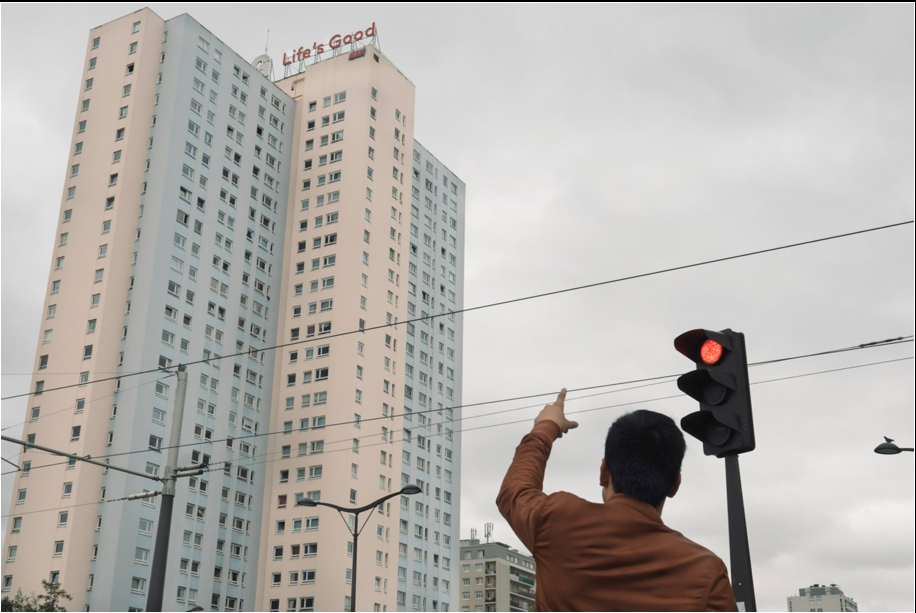
Written by Christophe Mortier
My grandfather was a French officer during World War II.
After intense fighting on the mainland, boats were targeted by the German Stuka planes and submarines. As the German army was pushing the English and French army on Dunkirk beach, my grandfather went on a boat to go to England.
On the deck of the boat, he saw a private soldier who was in shock and crying. He went to him and asked him why he was crying, since he was going to England and he’d face no more fighting on the beach. The private told him that he didn’t know how to swim. My grandfather was a great swimmer and, as an officer, he wore a life jacket. He decided to give him his life jacket.
Two weeks ago, in a conversation with a former customer, she told me that the past year she had wondered what to do for refugees. With her husband, they accepted to be a host family for a refugee. They became friends with that man until the day he was sent back to his country, without any consideration from the administration for all his efforts to learn the French language and try his best to be integrated.
To this day, they haven’t had any news from him and they’re wondering how he is doing in his mother country. When I asked her why they got involved to help a refugee, they answered after a pause: “How will we answer our kids if one day they ask us, what have we done to help refugees?“
As she is expecting a baby soon, she doesn’t know if she will be involved again as they were in the past, because she says it’s heartbreaking.
As my grandfather, who gave his useful life jacket, we might all be confronted with the situation where we will have to choose between leaving what we are given as a birthright, or maybe our work or our heritage or simply the law of the soil to give to somebody who perhaps we make a hasty judgement of because he hasn’t had the time to learn how to swim.
The question keeps coming to my mind: “Who will I give my life jacket to?”
Official Statement on the Detention of Refugees and Ongoing Community Violence
With another death in Minnesota and continued violence toward individuals and groups standing up for their communities, we acknowledge the profound fear and uncertainty people are feeling--not just locally, but across the country.
On top of this, there are reports that refugees invited and admitted to our country through the U.S. Refugee Admission Program are now being detained, meaning that our new friends and neighbors feel that fear most acutely.
Refugees have already fled violence and persecution once. They came here legally, seeking safety. In moments like these, we reaffirm our commitment to building communities where refugees and immigrants can live without fear. Where they can go to work, send their children to school, and build lives of dignity and belonging.
We call for due process, accountability, and humanity in all immigration enforcement operations. We call upon our leaders to demand the demilitarization of our neighborhoods and cities. And we call on all of us to continue the work of welcoming and protecting those who have been forcibly displaced from their homes.